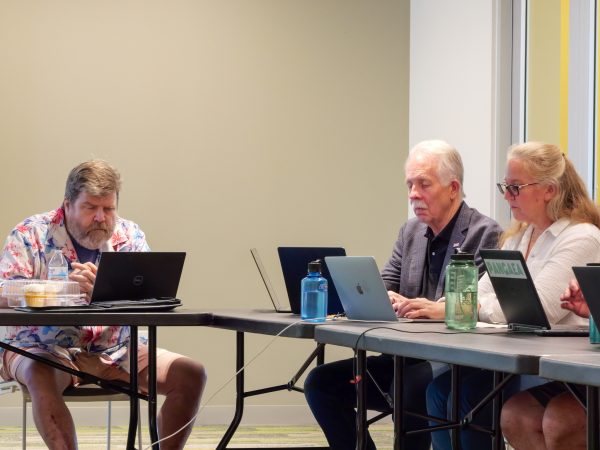
In today’s Academic Senate session, the Senate learned of the statewide Academic Senate’s demand for the administration to suspend its controversial new Time Place Manner policy and the details of a federal requirement to make all online resources disability accessible by April 2026.
The Senate also hotly debated proposed changes to the course registration system that would suspend the current two-pass system and implement one where students can take up to 15 units in their initial registration.
Statewide Academic Senate Demands Suspension of CSU’s New Anti-Protest Measures
In the previous Academic Senate meeting, the Senate passed a resolution charging their two representatives in the Statewide Academic Senate to launch an inquiry into the reasons for its creation.
Going a step further than that, one of the two representatives, Senate Steven Filling, explained that the statewide Senate came together and drafted a resolution to demand the Chancellor suspend its interim Time Place Manner policy and to create a committee formed from members of the faculty bargaining team to rewrite it.
Filling said the reworking of this policy is necessary in order to have a Time Place Manner policy that is “less likely to violate the United States Constitution.”
Academic Senate Scrambles to Address New Federal Requirements to Make All University-Affiliated Web Spaces and Mobile Apps Disability Accessible
The Academic Senate gave the floor to Disability Resources Center Director Marvin Williams who explained that, as part of a ruling on the Americans with Disabilities Act made this April, all California universities and colleges must make all of their web spaces and digital resources accessible to students with disabilities by April 2026.
This includes all websites, including the university website, digital instructional materials, Canvas and library databases. The responsibility is on the university—its web designers, faculty and staff—to make these changes.
“The student does not have to register with DRS to get what should already be accessible,” Williams said of the new charge. “This is going to be a bit of a heavy lift, and it’s going to be a lot.”

Dr. Betsy Eudey, a professor of Gender Studies, raised concerns over third party platforms that the university has contracts with, such as its library databases, which lack accessibility features, such as only having articles available as PDF files that aren’t compatible with screen reading software. Considering this is federal law, Eudey wondered about the kinds of pressure we can put on databases to make their materials accessible.
Williams addressed this by saying that the UC, the CSU, and the Community College District of California need to put pressure and threaten to pull their contracts with these databases if they do not comply with the Americans with Disabilities Act.
Proposed One-Pass Registration System Creates Controversy Over Merits of the Current Two-Pass System
UEPC Chair Mechelle Perea-Ryan introduced a resolution to the floor for a first-reading that aims to suspend the current two-pass registration system and implement a new system that would allow students to register for up to 15 units and to register for waitlisted courses in their initial registration period. After the initial registration period, the resolution reads, students will be able to register for up to 18 units during the open enrollment period.
Perea-Ryan argues that the two-pass system was implemented when the university was attempting to curtail enrollment because they were exceeding their target enrollment and were facing workload issues. She says that now that the university is facing an enrollment crisis, students should have greater freedom in their registration process.
Senator Horacio Ferriz argued against this proposal, stating the current two-pass system has helped in terms of ensuring all students are able to take prerequisite courses so that they can graduate in a timely manner. These high demand courses saw increased availability for freshmen and sophomores after the two-pass system’s implementation.
However, other senators noted that the system does need to be changed. One major issue raised is that students who take 4 or 5 unit courses face difficulties meeting the 12 unit cap during their first pass and are forced to under-enroll in courses until their second pass.
This resolution will return to the Academic Senate floor for a second reading and a vote in the next session.


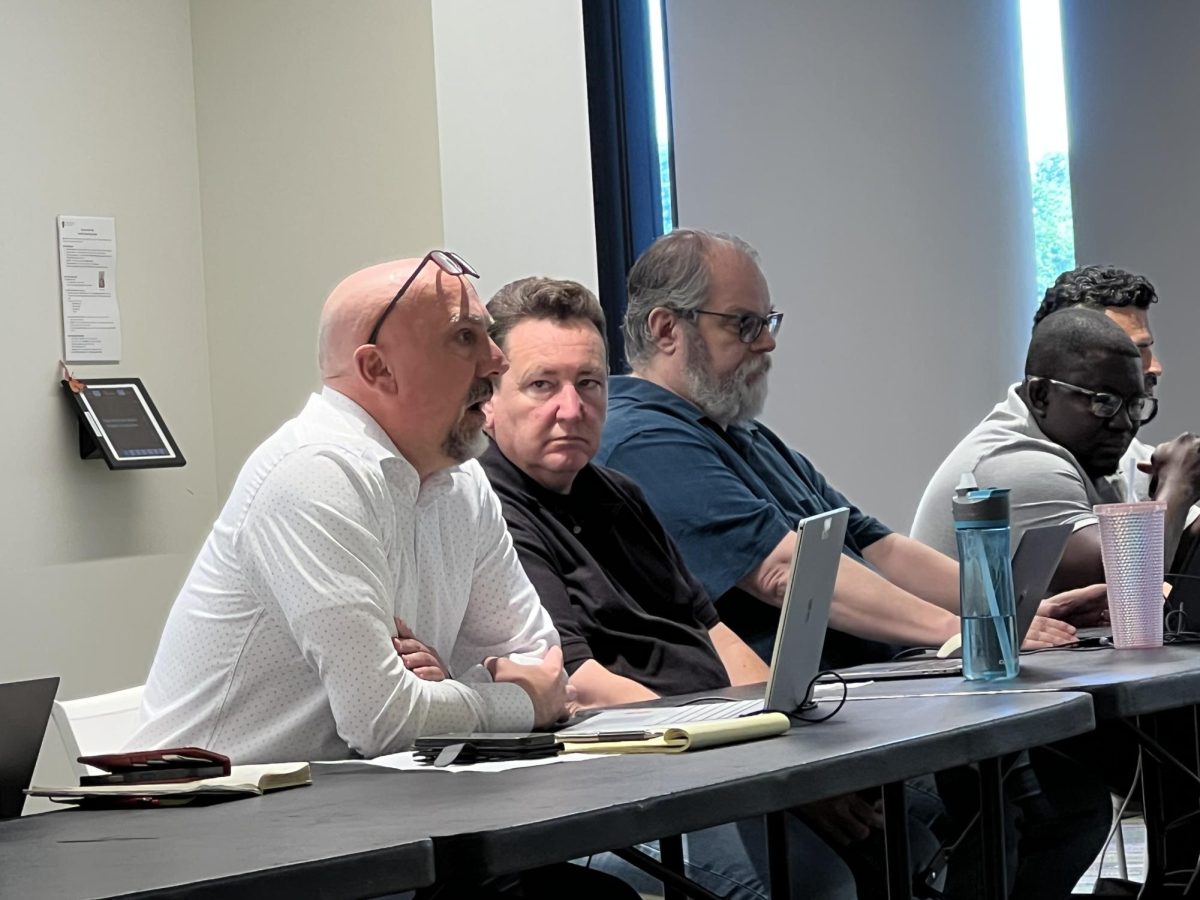
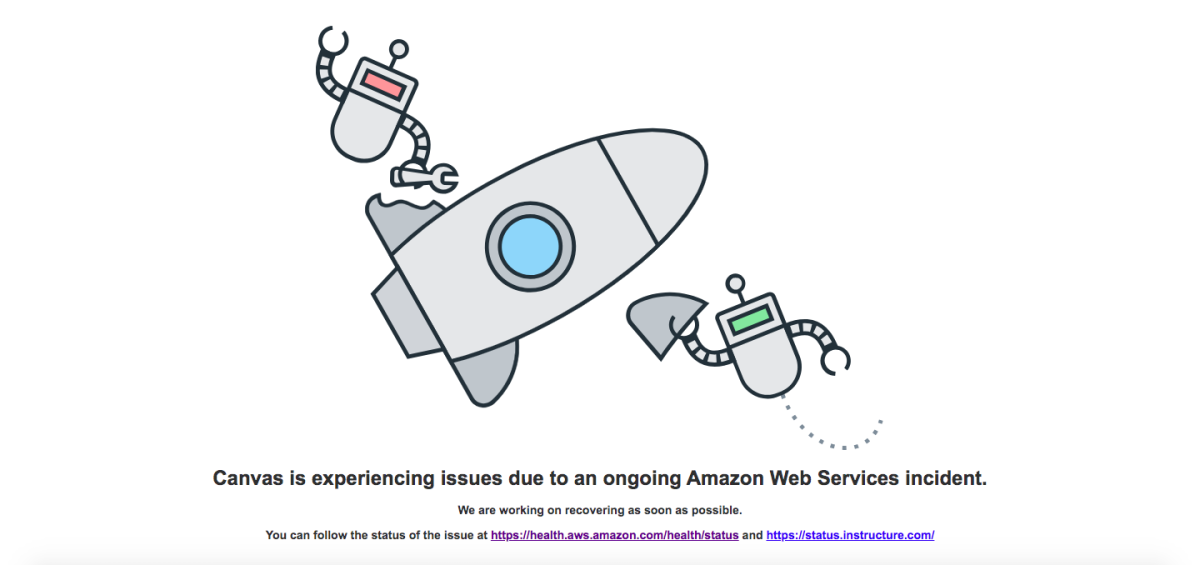


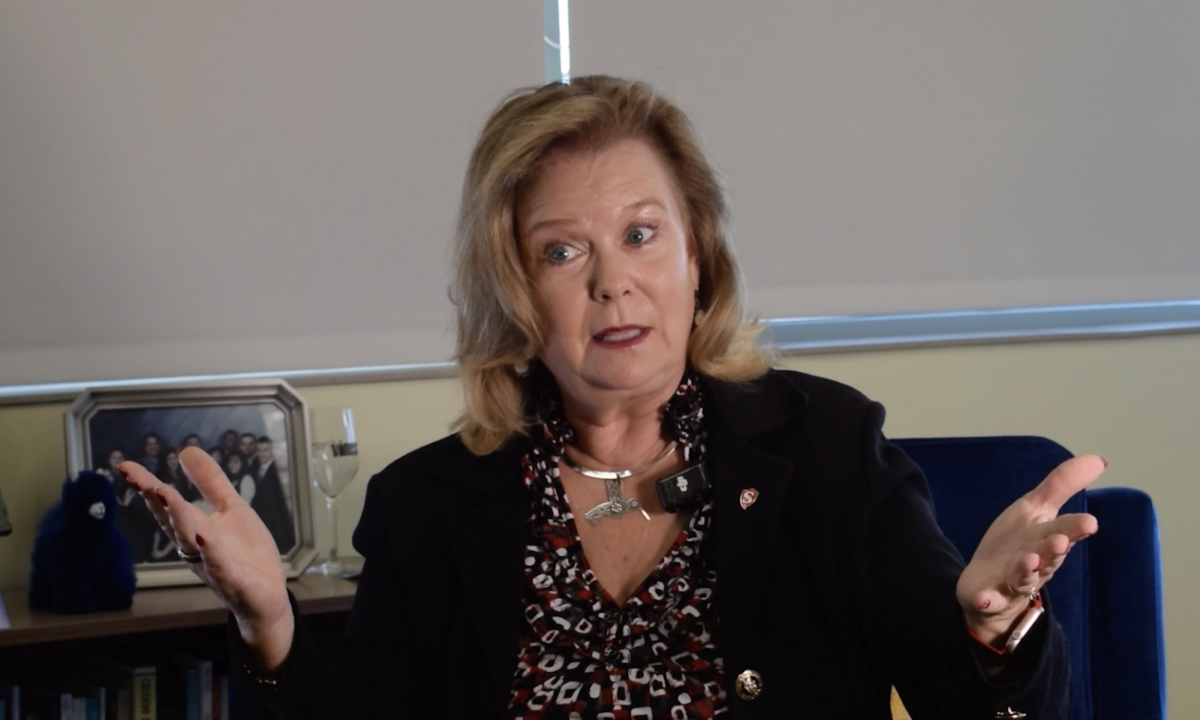
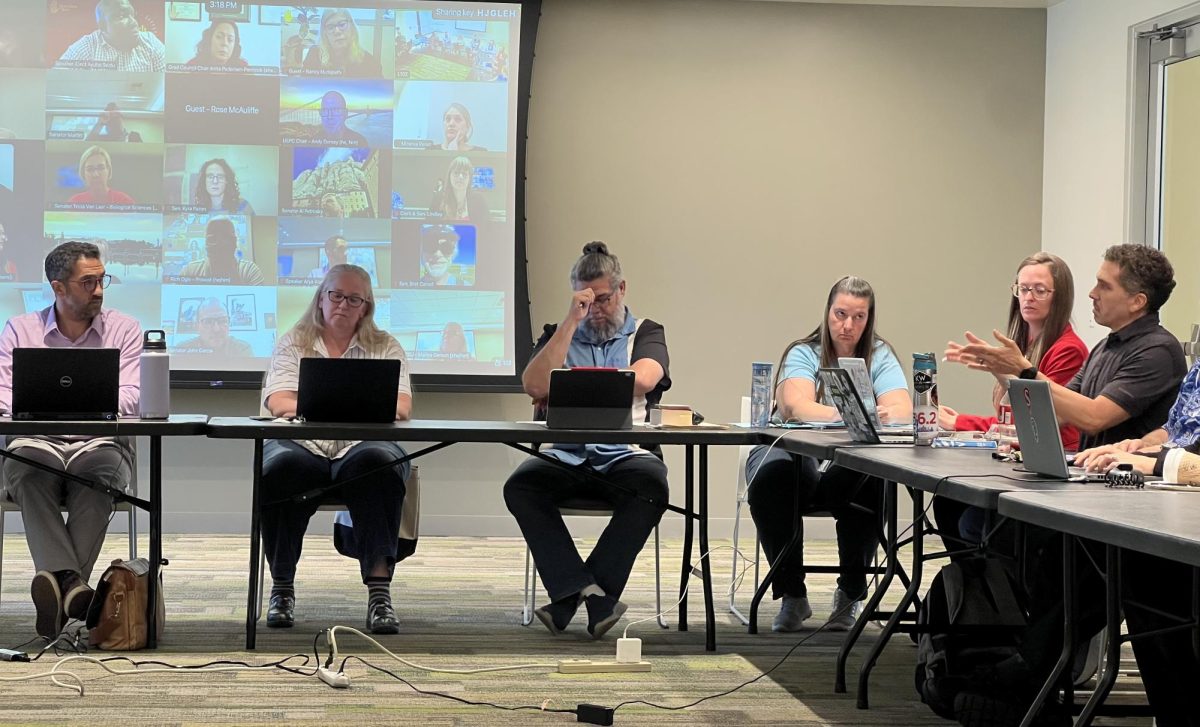


Briana Sequeira • Oct 3, 2024 at 2:46 pm
I think it’s important that students have greater freedom in their registration process. I think there is a system we can put into place where it becomes more organized for students to register, and the university doesn’t have go through an “enrollment crisis”. This matter is important because for those who are trying to graduate and get there classes done, they should be able to have more room and freedom to choose those classes.